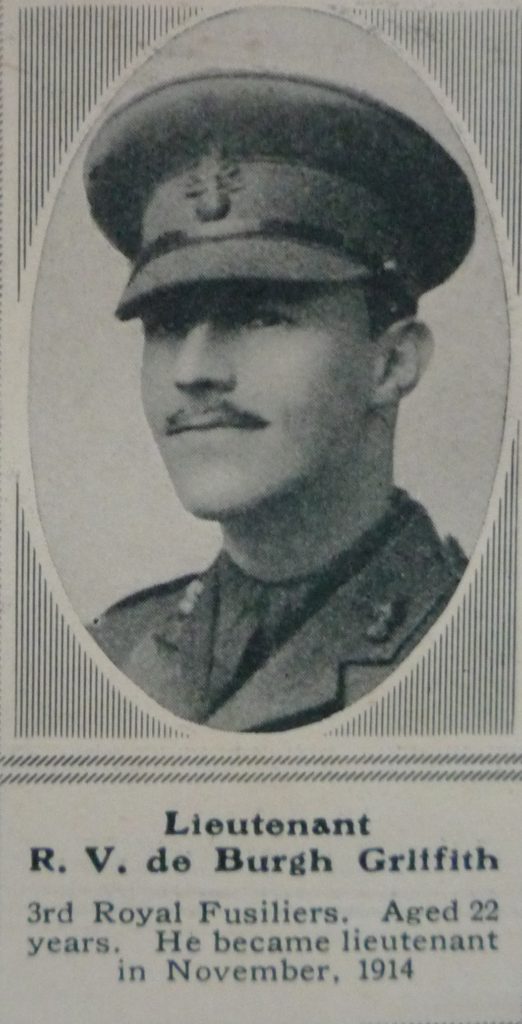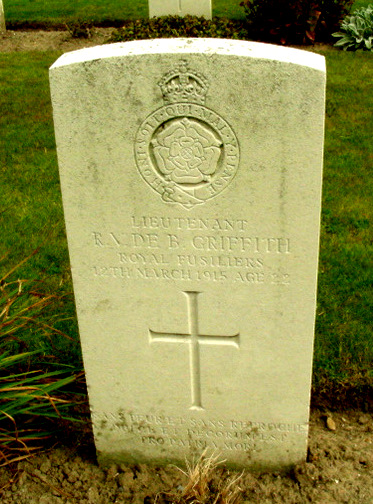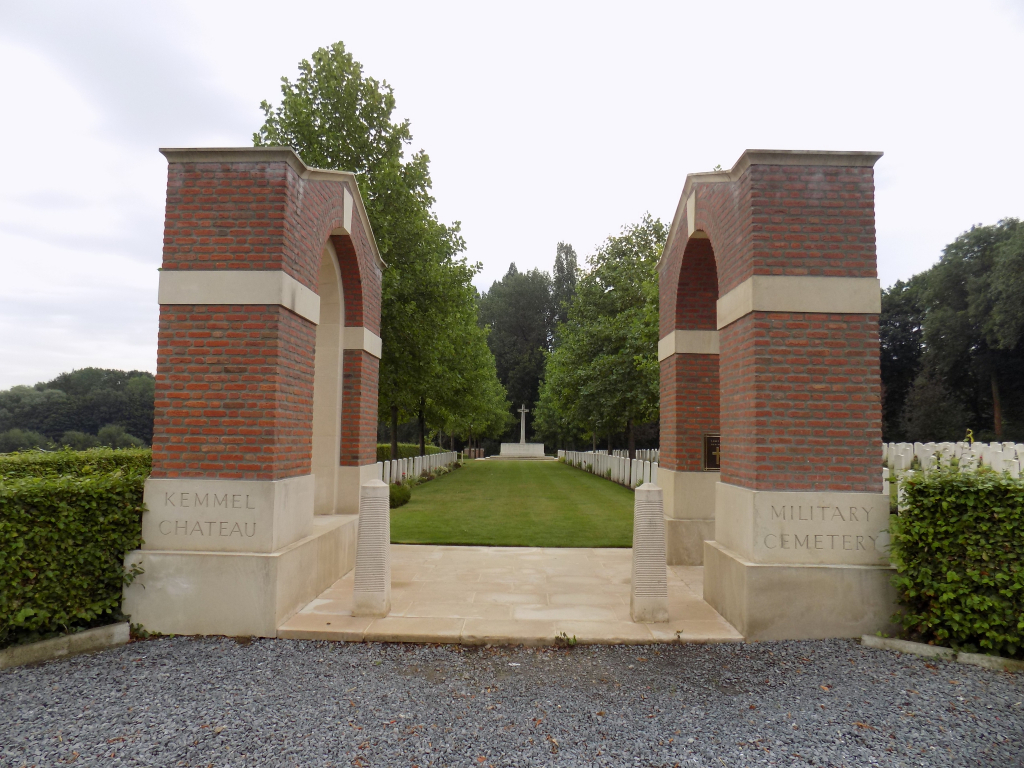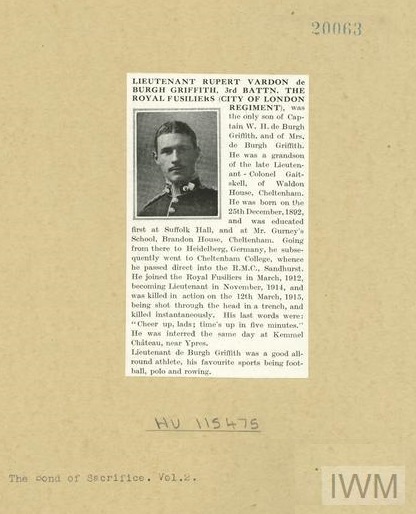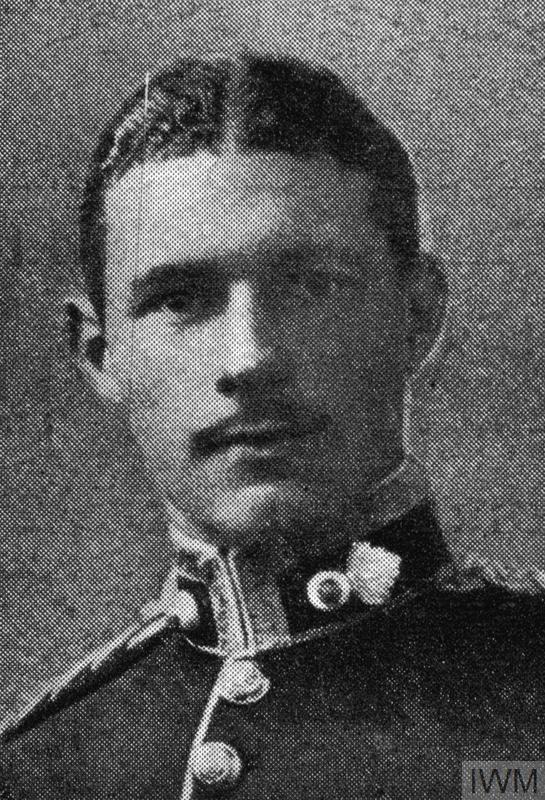
Today’s Visitor Vignette features one of my favourite signatures in the Innerpeffray Visitors’ Books, a young visitor to the library on 22nd August 1899.

Every time I come across this page, I am delighted all over again that Alice Mary Griffith allowed her son Rupert (aged 6) to sign his own entry. You can picture the interaction: Rupert watches other people signing the visitors’ book and wants to have a go. The adults around him make eye contact above his head, have that silent discussion about whether he’s too young, and eventually concede. Rupert takes up the pen, and in his very best handwriting, carefully forming each letter and making sure to dip the pen back in the ink on multiple occasions, inscribes his name. And the visitors’ books are forever blessed by this wonderful entry.
Although neither Rupert nor A. M. Griffith leave any indication as to their location or place of residence, the Bagshawe entries which bracket the Griffiths indicate that the party was staying presently in Crieff and visiting from Manchester and Cheltenham. And indeed, it was possible to track down records of Rupert and Alice Mary Griffith in and around Cheltenham.
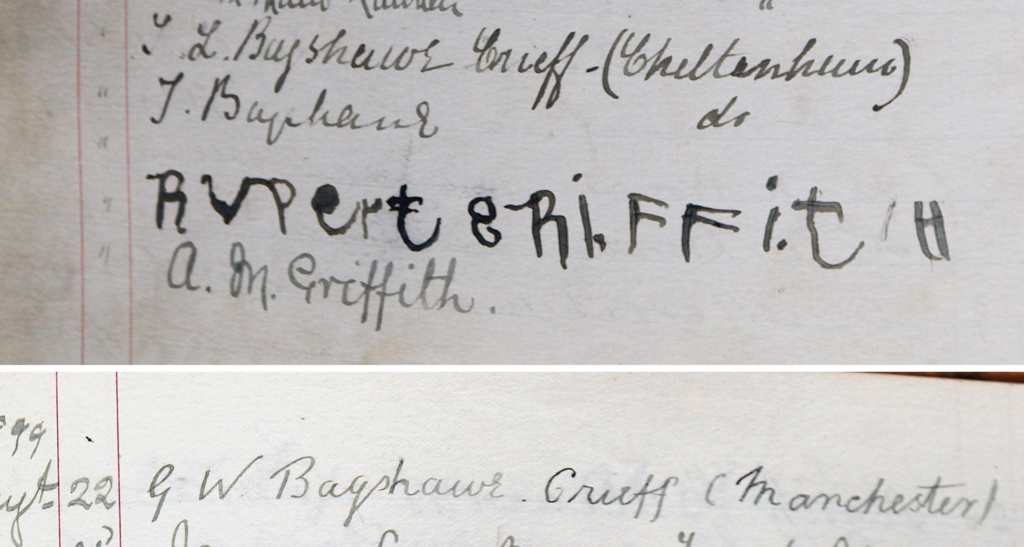
Rupert Vardon de Burgh Griffith was born on the 25th December 1892 to Walter Hubert de Burgh Griffith and Alice Mary Griffith (née Gaitskell). He was baptised the following year, on 26th January 1893, in the same church where his parents had married in August 1891.
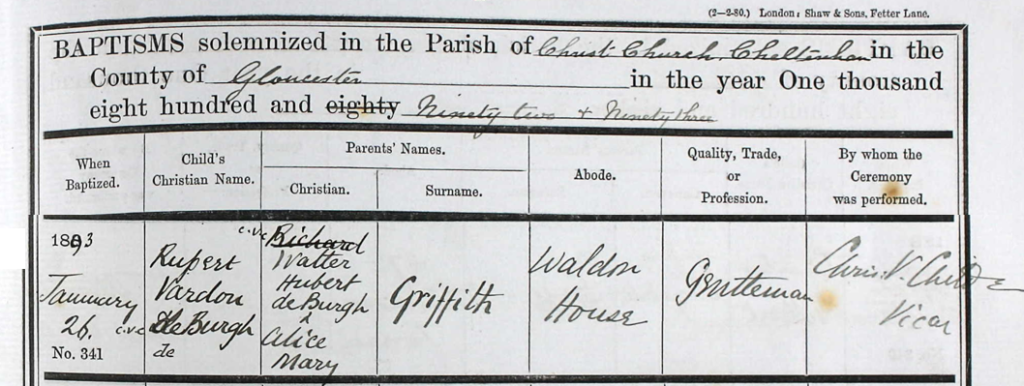

Rupert was educated in Cheltenham and by age 18 was studying at the Royal Military College at Sandhurst, where the 1911 Census records “Rupert V de B Griffith” working as a “Gentleman Cadet.”

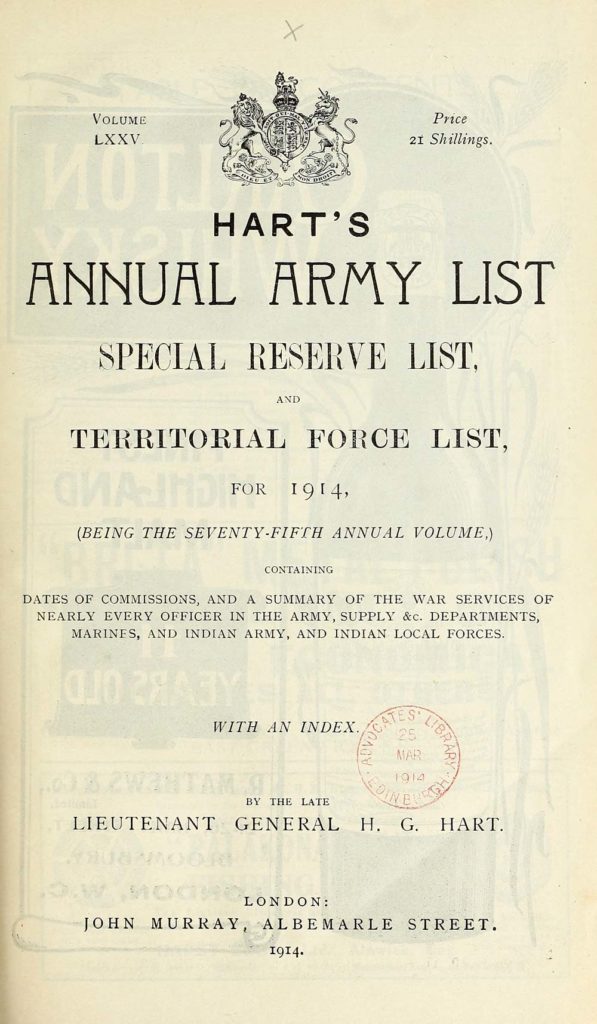
In the 1914 edition of Hart’s Annual Army Lists, digitised and available online through the NLS, Rupert is listed as a Second Lieutenant, having joined the Royal Fusiliers on the 13th March 1912, when he was 19. Almost exactly three years later, he was killed in action in St. Eloi, France, on the 12th March 1915, having been promoted to Lieutenant five months before. Rupert was buried in the Kemmel Chateau Military Cemetery in Belgium.
There is quite a lot of information already available about Rupert’s career in the Royal Fusiliers and his death during the First World War. His obituary includes his last words, “Cheer up, lads; time’s up in five minutes” and adds that he “was a good all-round athlete, his favourite sports being football, polo and rowing.” And now we can also add to his story that when he was 6 years old, he accompanied his Mum to the Library of Innerpeffray and convinced her to let him sign the visitors’ book himself.

